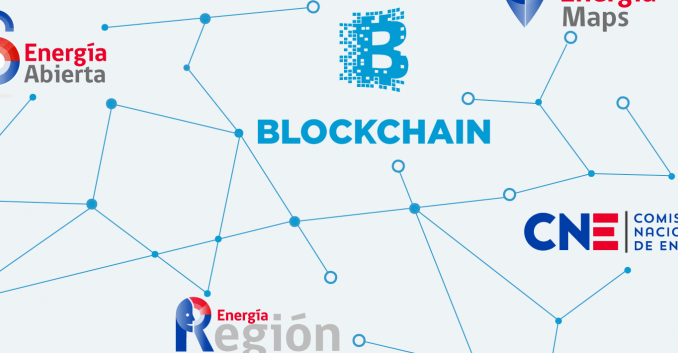
SANTIAGO – Chile’s energy regulatory agency, the Comisión Nacional de Energía de Chile (CNE), has announced that it will adopt Blockchain technology in the national energy grid, becoming the first government institution in the Chilean territory to incorporate blockchain to its internal services.
The news was announced by the Executive Secretary of the CNE, Andrés Romero, and published on the official website of the regulatory entity. According to the details, the CNE will use the Blockchain to authenticate information like marginal costs, average market prices, fuel prices, and compliance with renewable energy law.
“The National Energy Commission has decided to join this innovative technology and we have decided to use blockchain as a digital notary, which will allow us to certify that the information we provide in the open data portal has not been altered or modified and left unalterable record of its existence,” Romero announced.
Romero stated that the move toward blockchain was done out of concern for data security.

He added that the technology will increase trust in the data provided by the regulatory agency, boosting the confidence of investors, stakeholders, and the public at large. Chile plans to implement the technology in March, 2018.
The secretary assures that nowadays it is of vital importance for the governmental institutions to make public all the data referring to the nation, for which a technology is necessary that allows to show information not altered, nor modified; features offered by blockchain.
In this sense, distributed accounting technology can provide Chilean institutions with greater information integrity, Romero emphasized. In the same way, they also offer data security, simpler audits and transparency, necessary elements to combat corruption and generate confidence in the administration of the State.
Chile is one of the countries in Latin America that has made riskier and faster bets for the incorporation of blockchain solutions in government services; measures that make it the continental vanguard of the adoption of technology. For example, in 2017 the Chilean Stock Exchange announced that it would implement blockchain solutions in the stock market in the hands of IBM; historical event that made Chile the first country in Latin America to make an alliance of this kind.
Likewise, the Chilean Trade Authority has begun to discuss a possible application of blockchain for a voting system in the sector of shareholders’ meetings. As if that were not enough, Chile also recently starred in its first blockchain hackathon.



